By Gerald Mbanda
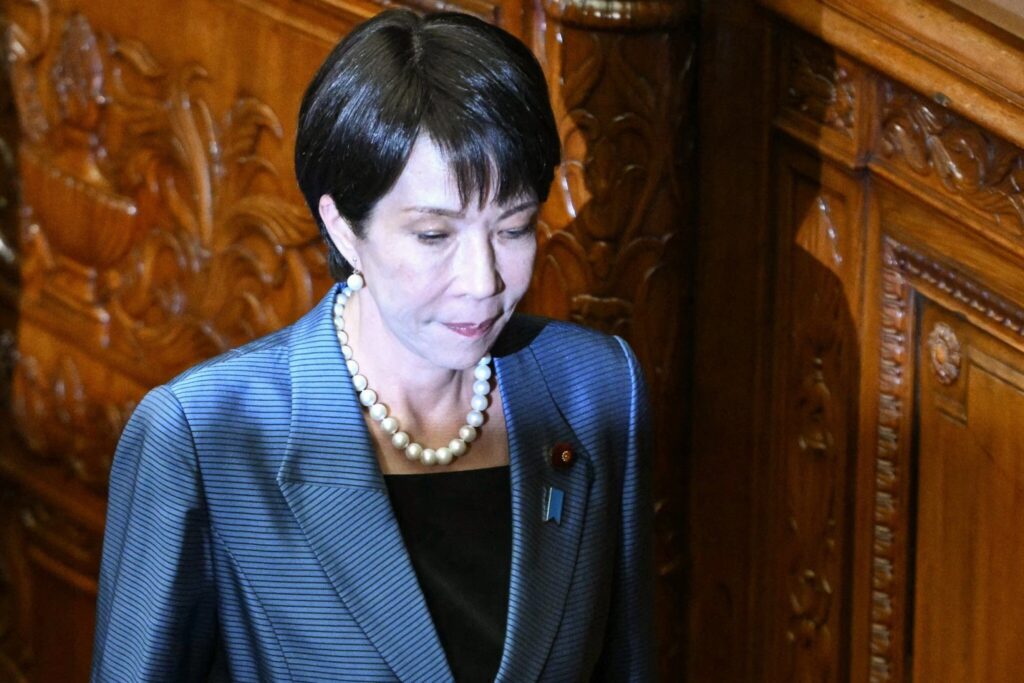
Japan has been shaken by an intensifying political and diplomatic storm after the first female Prime Minister Sanae Takaichi made remarks about China and Taiwan that were condemned both at home and in Beijing. What began as a routine parliamentary exchange quickly spiraled into a full-scale controversy, deepening tensions between the two Asian powers and igniting renewed unease about Japan’s direction under its new leadership.
Takaichi made remarks implying that in case of a potential Chinese military attack on Taiwan could constitute a “survival-threatening situation” for Japan. The Japanese PM statement suggested that such a scenario might legally allow Japan to exercise collective self-defense under its 2015 security laws. For many, this went far beyond Japan’s traditionally cautious rhetoric on the Taiwan issue. Previous administrations had avoided clear statements that could imply a willingness to intervene militarily, preferring to maintain a careful strategic ambiguity. Takaichi’s words broke that pattern, sounding unusually direct and confrontational.
Critics across the political spectrum in Japan accused her of provoking China unnecessarily and risking regional stability. Opposition parties argued that she was using hypothetical security scenarios to justify a more aggressive military posture. Even some lawmakers in her own camp reportedly expressed concern that she had gone too far. Commentators in the Japanese press warned that her stance could pull Japan into conflicts it is not prepared to face, while others accused her of inflaming nationalist sentiment at a volatile moment.
Chinese officials in Beijing denounced her remarks as an unacceptable challenge to China’s sovereignty and a violation of the one-China principle. The Chinese Foreign Ministry demanded that Japan retract the statements and issued a stern warning that Tokyo would bear the consequences for any escalation. The controversy escalated further when a Chinese diplomat posted a deeply hostile message online aimed at Takaichi, triggering a formal protest from Tokyo and further straining relations.
China then took the unusual step of issuing a travel advisory urging its citizens to avoid Japan for the time being, citing what it described as a deteriorating security climate. In a move that alarmed universities and businesses in Japan, Chinese authorities also advised students to reconsider studying there, warning of risks linked to the political environment. This development pointed to a broader diplomatic backlash—one that extends beyond political rhetoric and into the real-world movement of people.
Observers note that the episode carries overtones of longstanding historical friction between the two countries. Takaichi, known for her conservative views, has previously drawn criticism for statements seen as downplaying Japan’s wartime aggression. She has also made public visits to the Yasukuni Shrine, a site that often triggers anger in China due to the presence of convicted war criminals among those commemorated. Her remarks on Taiwan revived those sensitivities and fueled accusations that she is “opening old wounds” at a moment when relations are already fragile.
Takaichi has attempted to walk back some of the fallout, insisting that her comments were hypothetical and consistent with existing Japanese law. Yet the damage to diplomatic trust may be harder to undo. For many in Japan, the incident raises uncomfortable questions about her judgment and the direction of her foreign policy. For China, it reinforces suspicions that Japan is aligning more openly with efforts to counter Beijing’s influence in the region.
As the controversy continues, analysts warn that rhetoric alone can raise the risk of miscalculation in a region where military tensions are already high. Whether Takaichi intended to shift Japan’s policy or merely misjudged the impact of her words, the result has been a sharp deterioration in bilateral relations and renewed public anxiety.

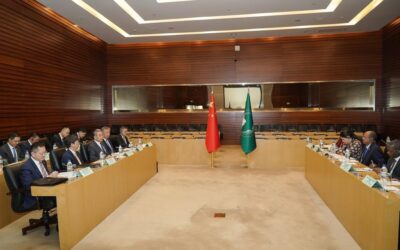



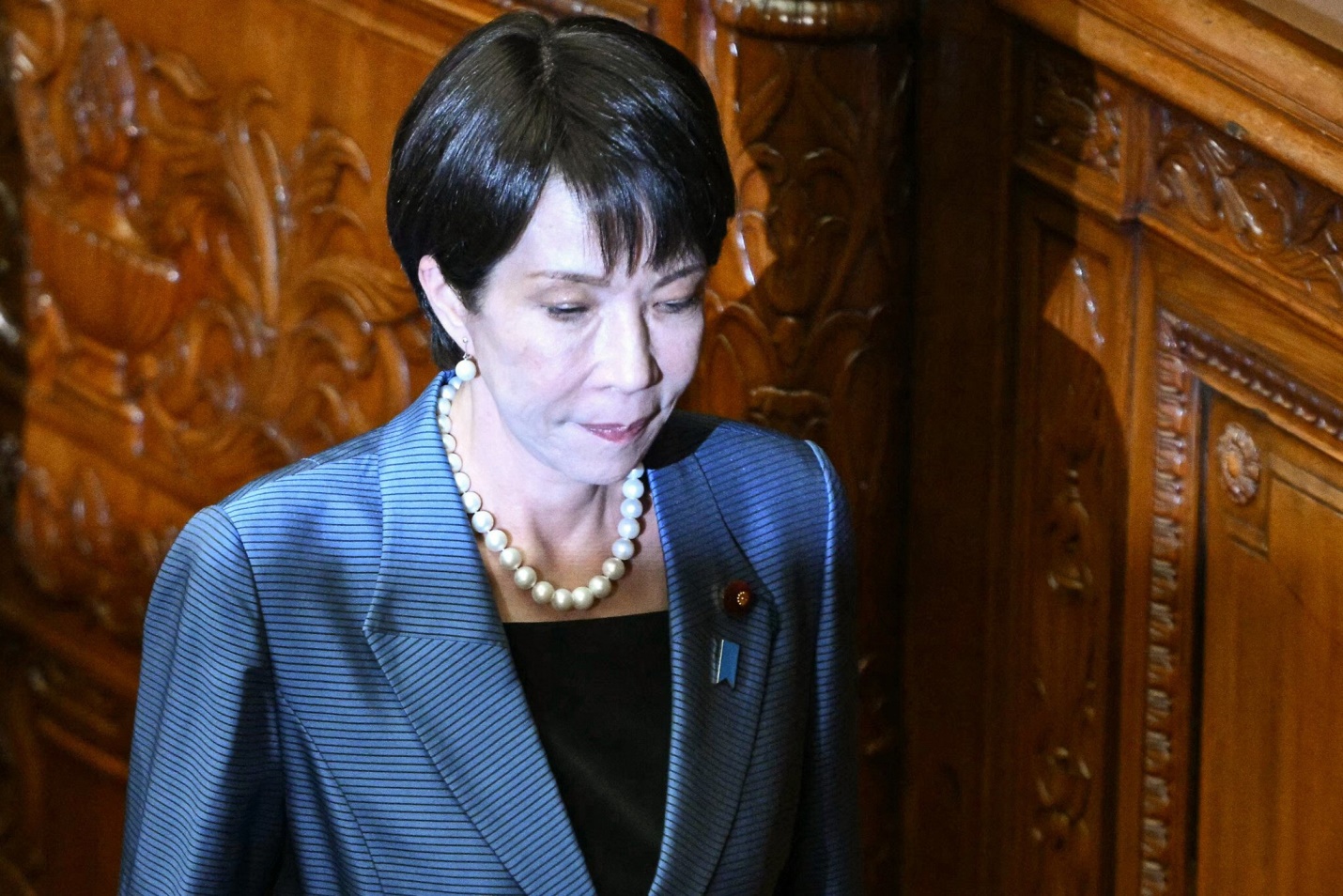
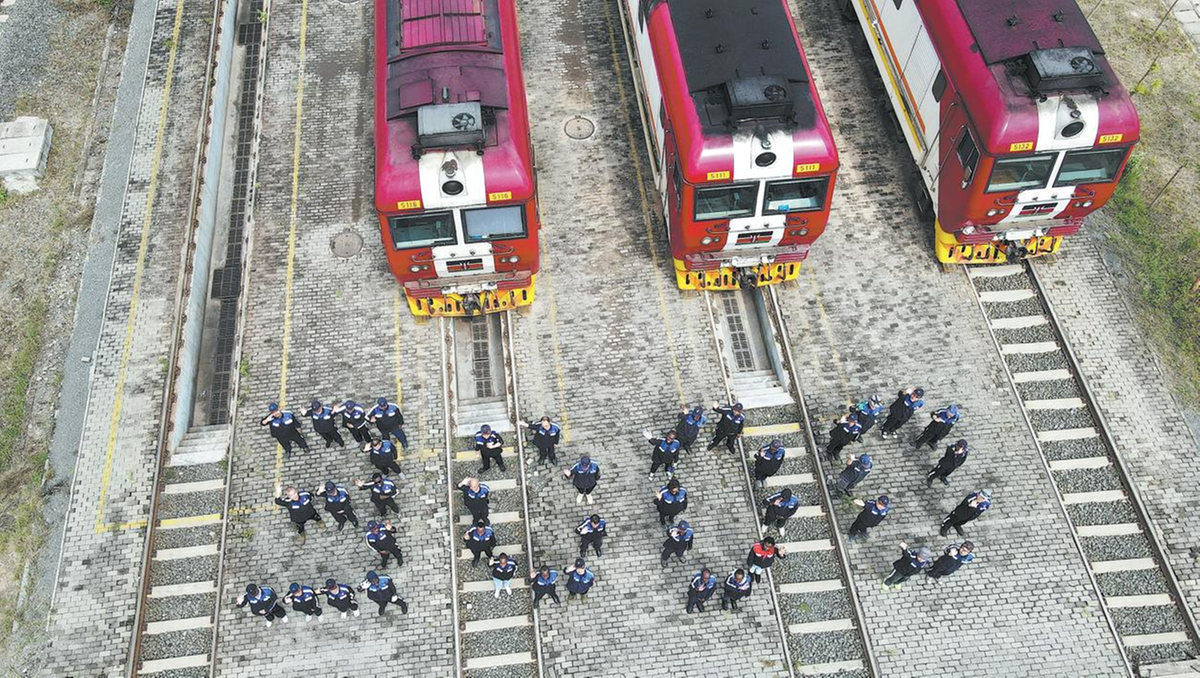
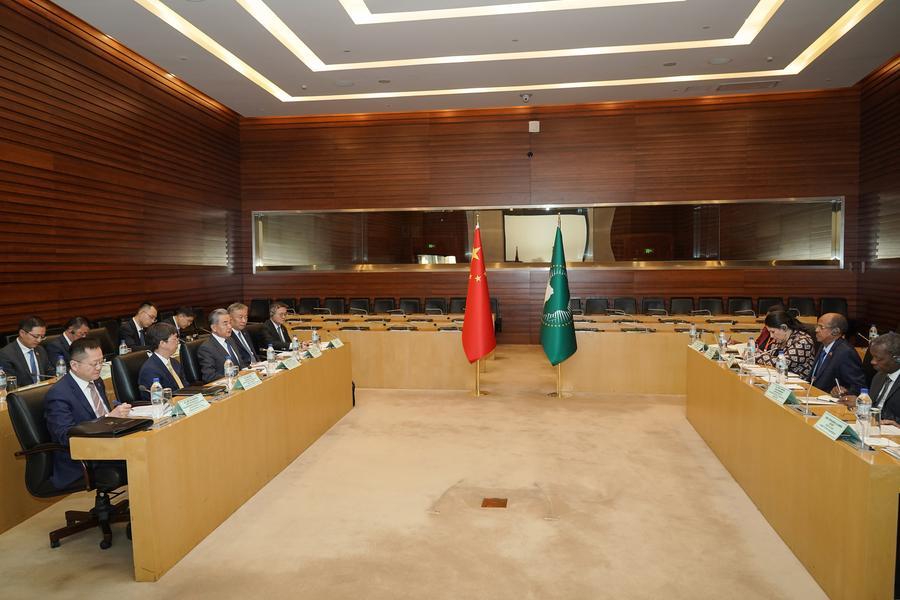
Khelrajaindia, good site for local games! Find some interesting stuff here from time to time. Worth checking out to see if they have anything you like. khelrajaindia.
Ace stellt sich als perfekter Casinoleiter heraus, verdoppelt
die Gewinne und stellt sicher, dass ein Teil der Einnahmen direkt an die Mafia-Bosse geht.
Obwohl er kein Italoamerikaner ist, sondern Jude, vertraut
ihm Mafia-Boss Remo Gaggi diese Aufgabe an. Der Film zeigt
die engen Verbindungen der Mafia zum Glücksspiel in Las Vegas in den 1970er Jahren.
Scorsese war für den Golden Globe als Bester Regisseur nominiert und verlor gegen Mel Gibson für Braveheart, was schwer zu bestreiten ist, aber das war’s dann auch schon mit den großen Preisen. Sharon Stone,
die ihre Rolle als Ginger absolut perfekt spielte, gewann einen Golden Globe für die beste Darstellung einer Schauspielerin in einem Drama und wurde für
einen Oscar als beste Hauptdarstellerin nominiert, verlor
aber letztendlich gegen Susan Sarandon (Dead Man Walking).
Pileggi schrieb auch das Buch Wiseguy und war Mitautor des Drehbuchs für den klassischen Mafia-Film Goodfellas.
References:
https://online-spielhallen.de/sg-casino-promo-code-ihr-weg-zu-exklusiven-vorteilen/
Viele der beliebten Bonus Crab Casinos bieten die Aktion zusammen mit
ihrem Willkommensbonus an. Bonus Crab ist eine neue
Art von Casinobonus, die sehr beliebt ist. In manchen Online Casinos erhalten Sie
Ihren Bonus ohne Einzahlung nicht automatisch,
sondern müssen einen speziellen Promocode
angeben. 50 Gratis Drehungen am beliebten Slot Book of Dead mit Chance auf Echtgeld-Gewinne!
Hier erhalten Sie ein festes Bonusguthaben (z. B. 10 €), das Sie
für bestimmte Spiele verwenden dürfen. Das beschleunigt den Ablauf und Sie erhalten Ihre Gewinne oft schon in wenigen Minuten oder Stunden.
Oder kannst du dir vorstellen, in eine echte Spielothek oder eine Spielbank zu gehen und als erstes einen 20-Euro Schein in die Hand gedrückt zu kriegen, damit
du die Casino Spiele ausprobieren und damit gewinnen kannst?
Es gibt verschiedene Arten von Bonus ohne Einzahlung, die von den Online Casinos angeboten werden und die man kennen sollte, um zu entscheiden , welches Angebot das richtige für
einen ist. Zunächst ist es wichtig, zu wissen, was
es überhaupt bedeutet, wenn ein so genannter No Deposit Bonus
in einer virtuellen Spielbank angeboten wird.
Du probierst vor allem neue Slots aus und spielst mit gratis Guthaben. Und nicht vergessen,
dass Glücksspiele nur für Personen ab 18 Jahre legal sind!
Wir machen unsere Arbeit, damit du sicheren Spaß in seriösen Online Casinos mit
gratis Startguthaben oder auch ohne Bonus haben kannst.
Ein Bonus ohne Einzahlung hat viele Vorteile,
garantiert dir aber keinen gratis Gewinn.
References:
https://online-spielhallen.de/betano-slots-erfahrungen-2025-test-bewertung/
Jede Kategorie hat dabei eine unterschiedliche Gewichtung, je nachdem, worauf die Mehrheit der deutschen Spieler
besonderen Wert legt. Mit der steigenden Anzahl von deutschen Online Casinos, gibt es leider auch immer mehr Online Casino Betrug.
Mit der Anzahl an deutschen Online Spielotheken,
ist es leicht sich mit dem Online Casino Vergleich überwältigt zu fühlen.
Wie kann es denn sein, dass ich den ersten Bonus bei
meinem ersten Deposit 60x durchspielen soll und
das in einer Woche? Wenn man wie ich nur Automaten spielen will, ist Magic Red sicher eine gute
Adresse. Aus diesem Grund finden Sie auf unseren Seiten auch nur deutsche Online Casinos mit Whitelist Eintrag.
References:
https://online-spielhallen.de/druckgluck-casino-bonus-code-dein-weg-zu-tollen-pramien/
We find the best welcome bonuses for new players, but if you’re already playing, don’t worry—the
best casinos will have special promotions
for you too! Begin your adventure with Casino Buddies,
a trusted site that provides detailed analysis and trustworthy insights into the top online
casinos in Australia. The number of online casinos in Australia might feel overwhelming to newcomers, but getting started with the
right guidance is easy.
Are you searching for trustworthy online casinos for real money, where you can play and potentially cash out big?
In the USA, the two most popular types of online casinos are sweepstakes casinos and
real money sites. The top online casino sites offer a variety of games, generous bonuses, and secure platforms.
Quality customer service is what separates the best Australian online casino sites from the rest.
These loyalty tiers are common across casinos online Australia players frequent.
Craps looks complex but offers some of the best
odds at any Australian online casino. Blackjack blends skill and strategy better than any other online casino game in Australia.
The casino is recognised for fair payouts, transparent rules,
and responsible gambling practices. This information is
provided for the information of players from the Australia.
Skycrown Casino offers 24-hour support for users located
in the Australia.
Simply click Log In, enter your email and password,
and start playing instantly. Follow these steps and claim your exclusive
welcome bonus. With a premium welcome package and plenty of pokies
and free spins waiting, Skycrown sets the tone for an exciting and rewarding
gaming journey. Whether you’re chasing a jackpot, testing your luck
at the tables, or just after a few spins with a mate,
we’ve got it all.
Deposits are credited instantly, allowing immediate gameplay.
International gambling laws require licensed operators to verify player
identities. Fast loading speeds between sections keep players engaged while exploring.
Dark tones create contrast with game elements while minimizing glare during gameplay.
The platform boasts lightning-fast withdrawals with multiple banking options trusted across
Australia. Enter the vibrant world of Skycrown casino, where Australian gaming reaches new heights.
References:
https://blackcoin.co/play-your-way-only-at-ac8-casino/
Domestic online casinos cannot offer real-money games of chance,
such as pokies, blackjack, or instant wins.
The best online casinos Australia for real money typically offer match bonuses on first deposits.
Legitimate Australian online casinos are licensed, use secure payment methods, and offer fair, tested games for real-money play.
Titles like Jackpot Raiders, Lucky Cat, Dr. Fortuno, and Aztec Coins deliver that steady, suspenseful
build-up loved by players chasing long-term wins at top online casinos real money sites.
The entire live casino lobby consists of around 500 games,
so I’d say is on par with the very best casinos out there.
The $500 VIP program entry and the missing table games section are just minor
drawbacks in an otherwise top Australian online casino.
After my pokies session, I tried a couple of unusual live casino games
like Monopoly and Andah Bahar (just to take a break from the usual
blackjack and roulette), and the experience was overall great.
Live poker at online live casinos in Australia differs from traditional
poker rooms because you play against the house—not other players.
VIP tables at live casinos often offer more personal dealer engagement,
which many high-limit players enjoy. A popular approach to playing at live dealer casinos is to warm up with RNG games,
then hit the live tables for a more immersive and social experience.
This slower pace feels more social and strategic, closely mirroring the in-person casino experience, which is why many
players choose live games over RNG formats. Many players
in Australia choose live dealer sites over physical
casinos because they deliver a comparable experience with fewer
limitations.
New players can claim a generous 125% bonus up to AU$2,
000 on their first deposit, accompanied by 125 Free Spins on the
captivating game of Wolf Saga, awarded daily over five consecutive
days. And with quick payouts, always-on support, sleek mobile
access, and bonus offers that bring serious value, you’ll be raking
in the winnings in no time! But that’s not all – our casino also offers a range of table games, live casino experiences, jackpots, crash
games, video poker, roulette, baccarat, blackjack, craps, keno, scratch cards, and more!
By combining cutting-edge technology with exceptional
service, Wolf Winner Casino has established itself as a premier
online gaming destination for discerning players seeking a premium experience.
These initiatives foster a sense of belonging among players,
making Wolf Winner not just a casino, but a community.
Wolf Winner actively engages with our gaming community, ensuring players feel connected
and valued. Positive experiences contribute significantly to community engagement, fostering friendships
and camaraderie among players. Players are required to provide identification documents, ensuring
that only those of legal age can access our gaming platform.
References:
https://blackcoin.co/a-world-of-play-awaits-syndicate-casino/
You can play directly through your mobile browser on Android or iOS, with
access to the same games, bonuses, and account features as desktop users.
New players can claim free spins no deposit using bonus codes, and from time to time
there are free chip no deposit bonus codes available. Needless
to say, if you, for some reason, don’t want to play RTG
games or want a casino with live dealer options, then Mega Medusa is not
for you, and I list a few alternatives below. The site runs smoothly on Android,
iOS, and other operating systems, with full access to games,
bonuses, and account features through your mobile browser.
Fast Bitcoin payouts are frequently mentioned, especially by regular users
who prefer standard deposit bonuses to high-risk free chip
offers. Reviews on platforms like Trustpilot and gambling forums often focus on bonus terms, particularly
wagering requirements and maximum cashout limits, which can catch some players off guard if they don’t read the fine
print.
The rest of this review breaks down its bonuses, payouts, mobile play,
sportsbook experience, fairness, and overall reliability.
The site layout is modern and straightforward, with casino, live dealer, and sports sections clearly separated so you can move
between them seamlessly. Kinbet features over 10,500 games from more than 80 providers, including popular pokies, live dealer tables, and tournaments.
Kinbet offers tools like daily, weekly, or monthly deposit limits, as well as self-exclusion via customer support.
References:
https://blackcoin.co/mind-boggling-facts-you-didnt-know-about-online-casino-gaming/
Some words match important closely, while others
are near synonyms that add extra meaning. Important synonyms fall into types based
on why something matters. Using synonyms is a great way of enhancing your writing.
English dictionary and learning for Spanish speakers Stronger, more descriptive words are just a
double click away! LanguageTool’s synonym
function is user-friendly and intuitive. The word important has a
few other word forms.
References:
https://blackcoin.co/casino-sign-up-bonuses-2025-the-ultimate-guide/
online casinos that accept paypal
References:
https://stayzada.com/bbs/board.php?bo_table=free&wr_id=549753
australian online casinos that accept paypal
References:
https://talentformation.net/employer/best-online-casinos-that-accept-paypal-in-2025/
gamble online with paypal
References:
https://main.shuwb.com/bbs/board.php?bo_table=free&wr_id=22188
best online casino usa paypal
References:
https://www.likelegal.nl/companies/best-online-casinos-australia-top-aussie-gambling-sites-2025/
online casino uk paypal
References:
https://precisionscans.net/employer/best-online-casinos-australia-top-aussie-real-money-sites-2025/
When I originally commented I clicked the -Notify me when new comments are added- checkbox and now each time a comment is added I get four emails with the same comment. Is there any way you can remove me from that service? Thanks!
I discovered your blog site on google and check a few of your early posts. Continue to keep up the very good operate. I just additional up your RSS feed to my MSN News Reader. Seeking forward to reading more from you later on!…
Hi, Neat post. There is a problem along with your website in web explorer, might test this… IE nonetheless is the marketplace chief and a huge component of people will miss your wonderful writing because of this problem.
Somebody essentially help to make seriously articles I would state. This is the first time I frequented your website page and thus far? I surprised with the research you made to create this particular publish amazing. Wonderful job!
I like this site very much, Its a really nice position to read and incur info . “Young men think old men are fools but old men know young men are fools.” by George Chapman.
Howdy! I know this is kinda off topic however , I’d figured I’d ask. Would you be interested in trading links or maybe guest writing a blog post or vice-versa? My website covers a lot of the same topics as yours and I think we could greatly benefit from each other. If you are interested feel free to send me an email. I look forward to hearing from you! Wonderful blog by the way!
I am not real excellent with English but I get hold this real easygoing to read .